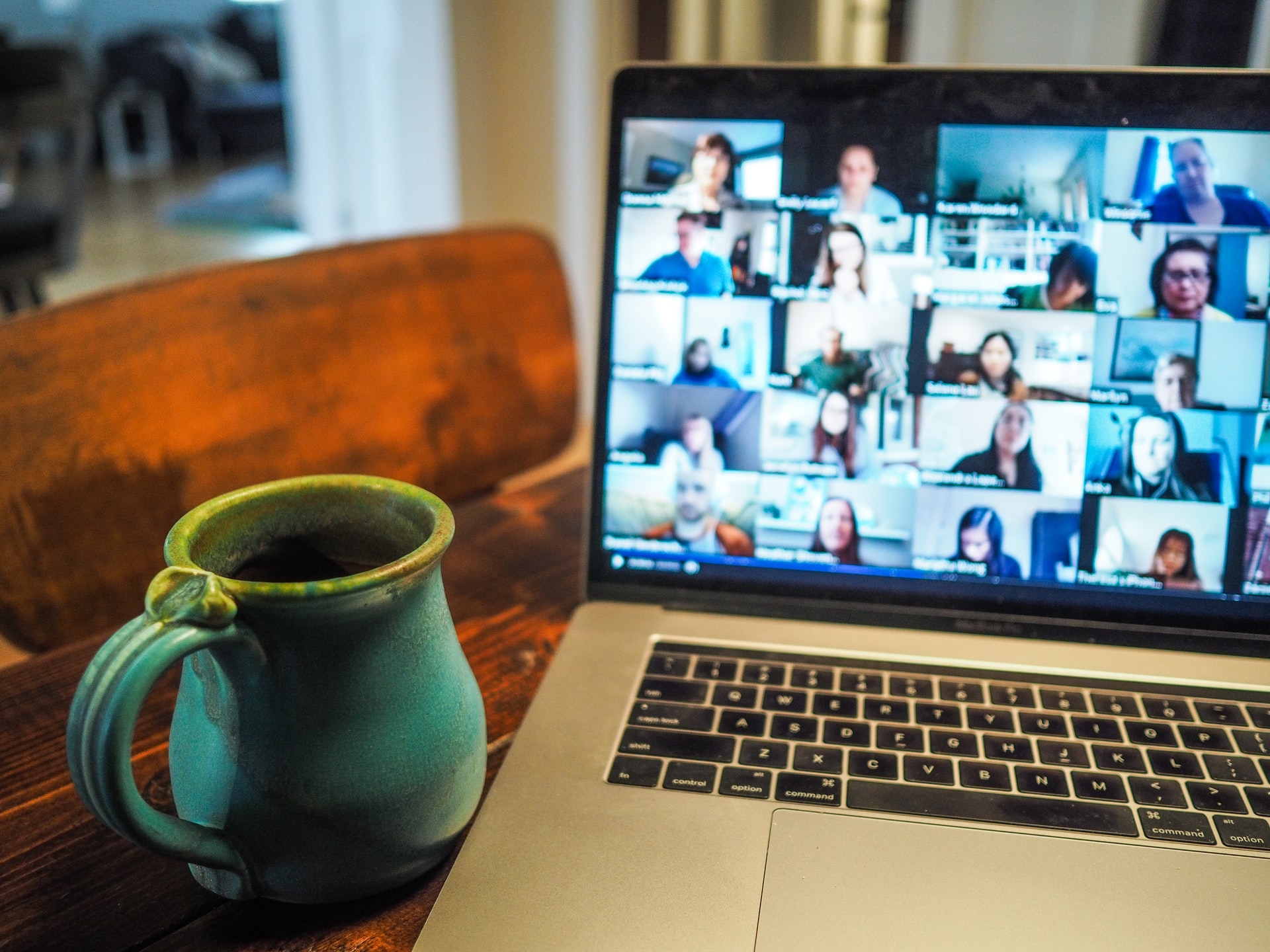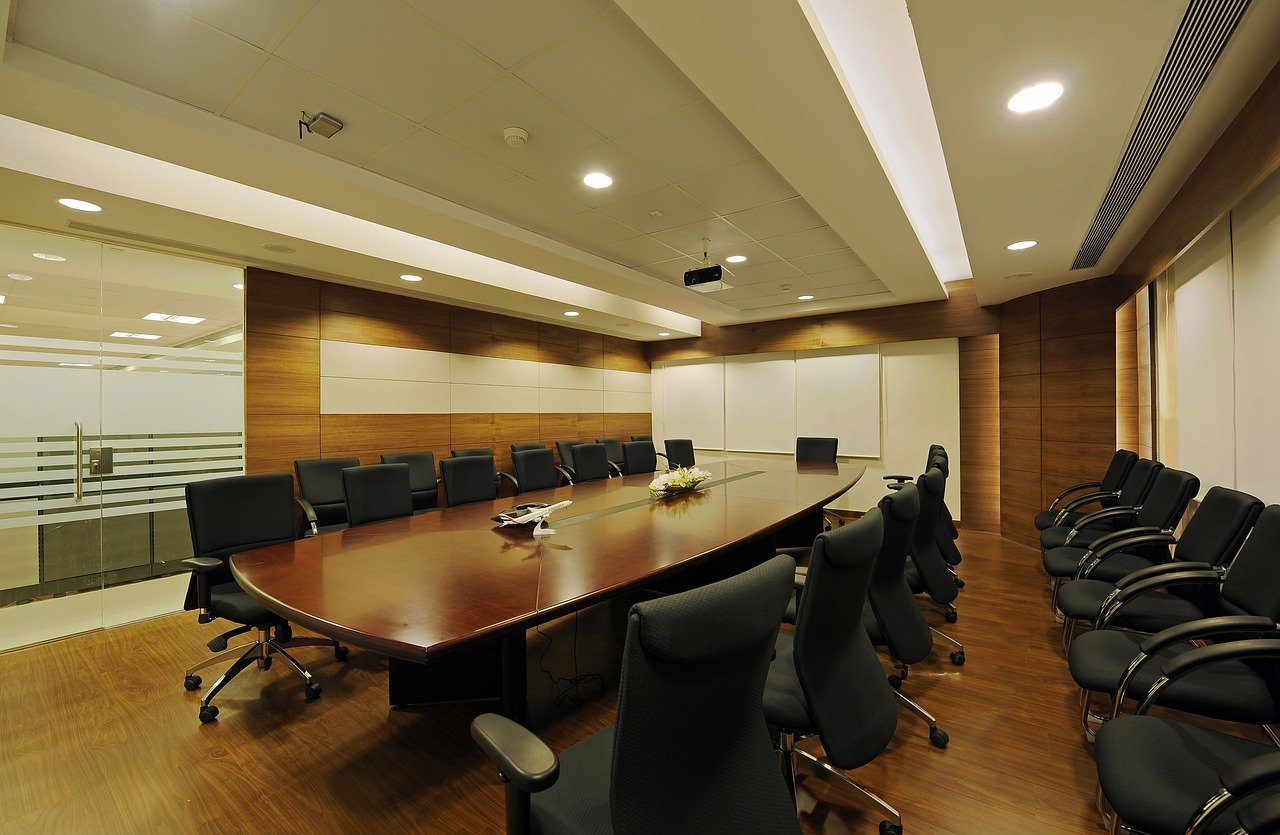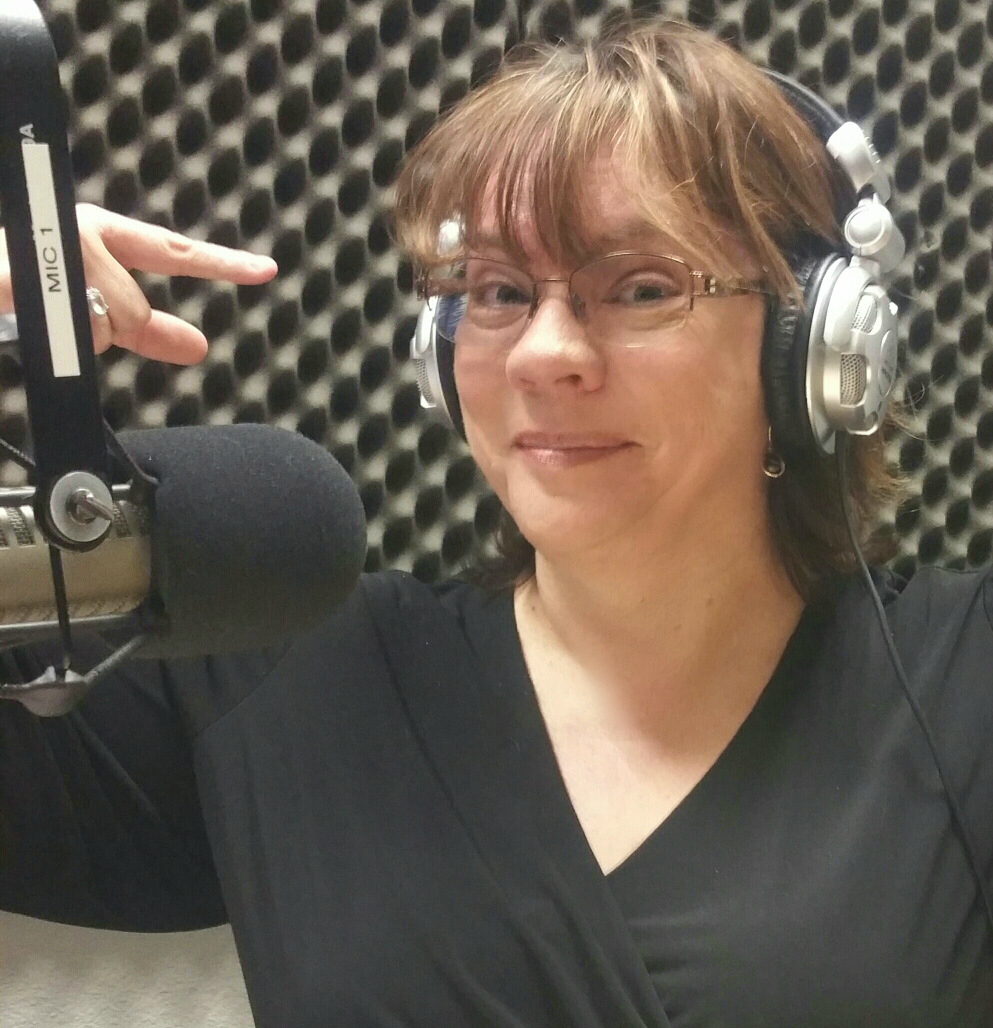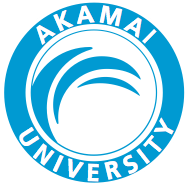Why Meeting Efficiency Should be Your Goal for 2022
This week’s article is provided by Darren Chait, the Founder and COO of Hugo. It is a companion to...
Read Moreby VoiceAmerica | Nov 22, 2021 | Business | 0 |
This week’s article is provided by Darren Chait, the Founder and COO of Hugo. It is a companion to...
Read Moreby VoiceAmerica | Mar 9, 2021 | Business | 0 |
To receive these weekly articles, subscribe here. This article is an excerpt from the Future...
Read Moreby VoiceAmerica | Jan 5, 2018 | Business | 0 |
Emotional skills are more important than ever for 21st century business. Good leadership can be...
Read Moreby VoiceAmerica | Nov 29, 2017 | Business | 0 |
It seems that we all spend an enormous amount time trying to avoid what we feel. Every other...
Read Moreby VoiceAmerica | Nov 15, 2017 | Business | 0 |
Observations on Mindfulness I know the idea of Mindfulness sounds elusive. People often envision...
Read Moreby VoiceAmerica | Nov 8, 2017 | Business | 0 |
John Lennon once said, “Life is what happens while you are busy making other plans.” My plan was...
Read Moreby VoiceAmerica | Oct 22, 2013 | 7th Wave | 0 |
Be sure to tune in live on Wedesnday October 23th for Wise Chats, Simple Talk, Profound...
Read More







